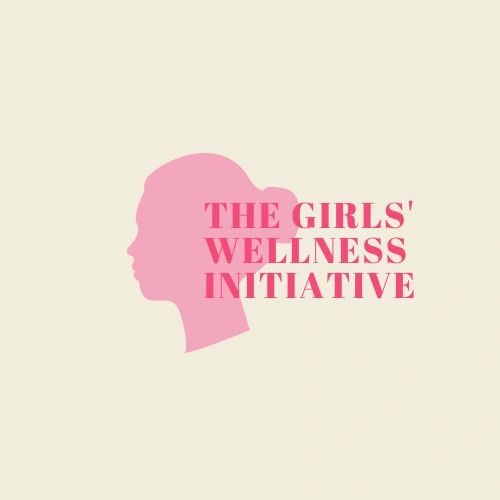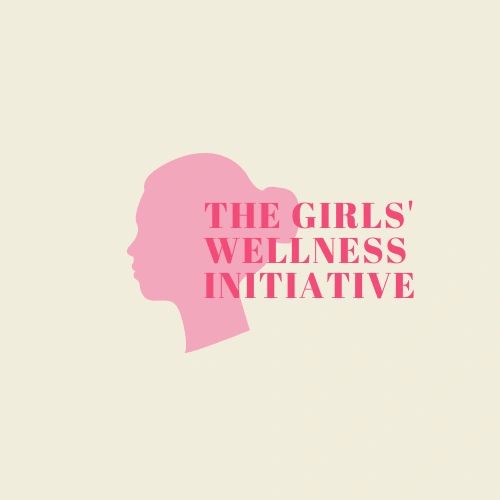Introduction
In today’s fast-paced world, women often find themselves juggling multiple responsibilities, leaving little time for self-care. However, prioritizing self-care is essential for maintaining overall well-being and happiness. In this article, we’ll explore essential women’s wellness tips that emphasize the importance of self-care in leading a fulfilling life.
Setting Boundaries
The first step in prioritizing self-care is setting boundaries. Women often feel pressured to say yes to everything, whether it’s work commitments, social obligations, or family responsibilities. However, learning to say no when necessary is crucial for preserving time and energy for self-care activities. Setting boundaries allows women to prioritize their needs and prevent burnout.
Mindful Nutrition
Nutrition plays a significant role in women’s overall health and well-being. Consuming a balanced diet rich in fruits, vegetables, lean proteins, and whole grains provides essential nutrients that support physical and mental health. Additionally, practicing mindful eating, such as paying attention to hunger cues and savoring each bite, can help women develop a healthier relationship with food and promote overall wellness.
Regular Exercise
Exercise is not only beneficial for physical health but also for mental and emotional well-being. Engaging in regular physical activity, whether it’s a brisk walk, yoga class, or strength training session, releases endorphins, which are natural mood boosters. Making time for exercise helps women reduce stress, improve sleep quality, and increase overall energy levels.
Prioritizing Sleep
Sleep is often overlooked but is crucial for women’s health and well-being. Prioritizing quality sleep allows the body to rest and repair itself, supporting overall physical and mental health. Establishing a consistent sleep schedule, creating a relaxing bedtime routine, and minimizing screen time before bed can help women improve sleep quality and wake up feeling refreshed.
Stress Management Techniques
Chronic stress can have detrimental effects on women’s health, leading to physical symptoms such as headaches, muscle tension, and digestive issues, as well as mental health concerns like anxiety and depression. Incorporating stress management techniques such as deep breathing exercises, meditation, and mindfulness practices can help women reduce stress levels and improve overall well-being.
Cultivating Relationships
Maintaining meaningful connections with friends, family, and loved ones is essential for women’s well-being. Cultivating supportive relationships provides emotional support, reduces feelings of loneliness and isolation, and enhances overall happiness. Making time for social activities and nurturing relationships helps women feel connected and supported in their journey toward self-care.
Creative Expression
Engaging in creative activities such as writing, painting, or crafting can be therapeutic for women’s mental and emotional health. Creative expression allows women to channel their thoughts and emotions in a positive and constructive way, fostering self-discovery and personal growth. Making time for creative pursuits provides an outlet for self-expression and nurtures the soul.
Mind-Body Practices
Incorporating mind-body practices such as yoga, tai chi, or qigong into a self-care routine can help women cultivate a deeper connection between the mind and body. These practices promote relaxation, stress reduction, and physical flexibility, while also enhancing mindfulness and self-awareness. By nurturing the mind-body connection, women can experience greater harmony and balance in their lives.
Seeking Support
Lastly, it’s important for women to recognize when they need support and to seek help when necessary. Whether it’s talking to a trusted friend, confiding in a therapist, or joining a support group, reaching out for support can provide valuable insight, guidance, and encouragement during challenging times. Asking for help is a sign of strength, not weakness, and is essential for women’s overall well-being.
Conclusion
Prioritizing self-care is essential for women’s overall health and well-being. By setting boundaries, practicing mindful nutrition, engaging in regular exercise, prioritizing sleep, managing stress, cultivating relationships, expressing creativity, incorporating mind-body practices, and seeking support, women can create a holistic self-care routine that nurtures their body, mind, and soul. By making self-care a priority, women can lead happier, healthier, and more fulfilling lives. Read more about womens wellness tips




